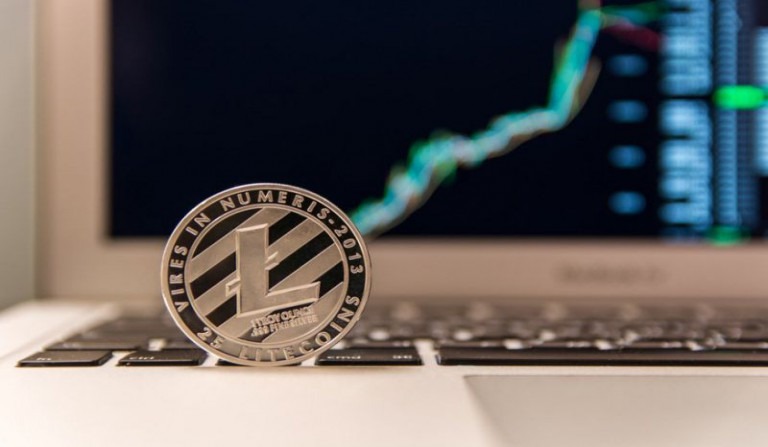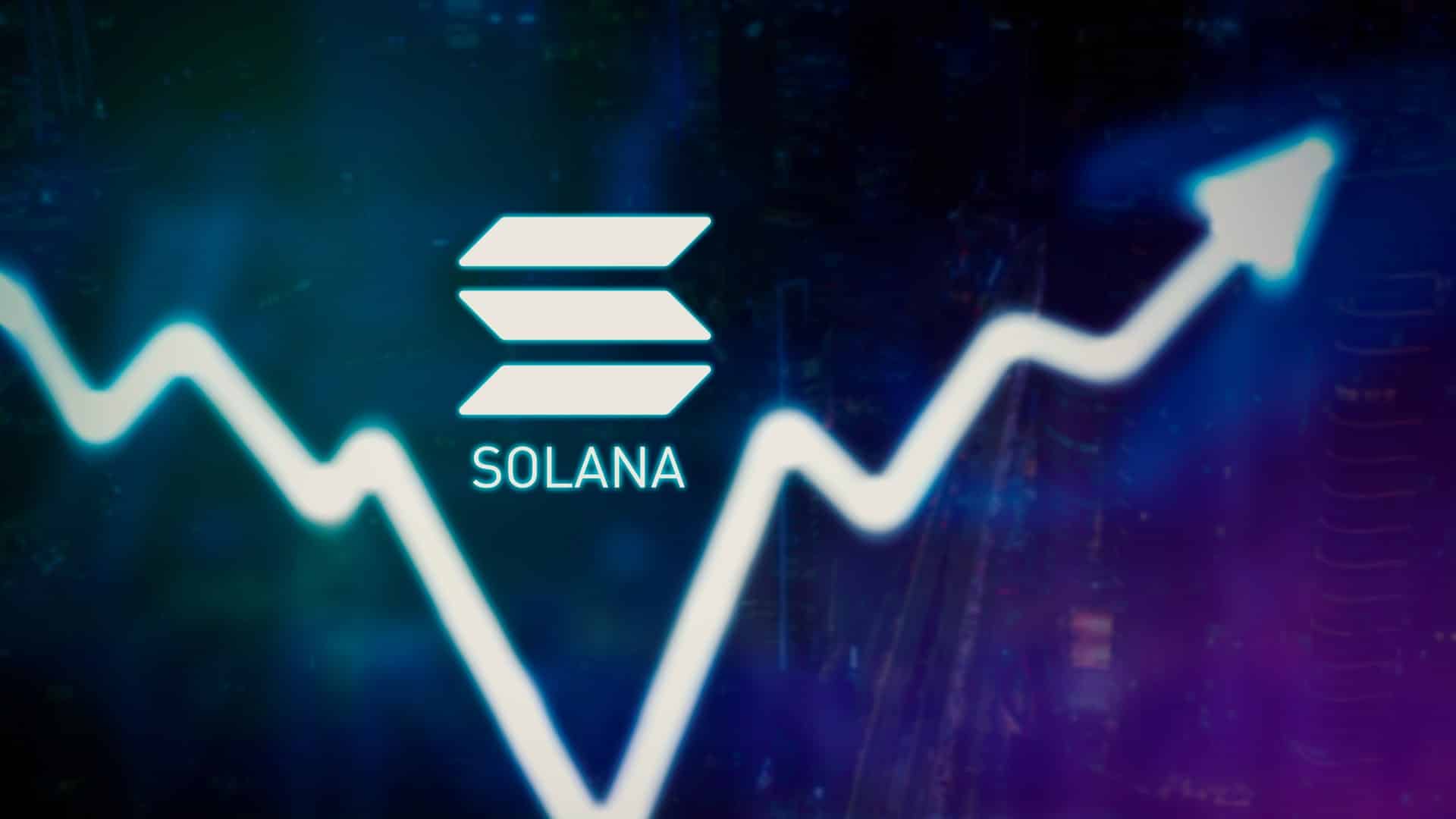Table of Contents
The fear of job losses due to artificial intelligence (AI) is still great in the world of work. And it’s entirely possible that many jobs will be taken over by smart technology.
But since AI is particularly good at data analysis and making informed decisions, is it safe to assume that the positions most at risk are not the menial jobs, but the middle and senior management roles, perhaps even the CEO?
Even more interestingly, if this is the case, how will the vast majority of professionals react to having to answer to a bot rather than a human to complete their daily tasks?
AI at the forefront
While the idea of an AI boss may seem strange to many, the fact is that technology’s assault on the C-suite has already begun.
At the end of 2022, the Polish spirits and beverage company presented Dictador its new CEO bot Mika before who the “decentralized autonomous organization“ (DAO) of the company.
In this role will Mika Use blockchain and other technologies to implement automated decision-making as the company explores new products and markets.
When business processes evolve at the speed of modern automation, it’s only logical that a bot monitors them 24/7 to ensure nothing goes wrong.
A robot CEO may make headlines, but the real question is whether technology has actually advanced enough to handle the countless complex tasks of a modern CEO.
At this point it is too early to give that answer. Nevertheless, there are already some success stories.
The Chinese gaming company NetDragon Websoft appointed his AI bot Tang Yu about the same time as Mika to CEO. Since then, the company’s share value has risen 10% to more than 1 USD billion, surpassing Hong Kong’s Hang Seng.
It’s unclear how exactly Tang Yu contributes to the group’s business processes. However, according to founder Dejian Liu, the appointment is part of a broader strategy aimed at transitioning to a “metaverse working group“ aimed.
It also said that AI represents the future of business management and strategic growth.
Is AI ready to run a business?
One might think that these developments would have CEOs around the world worried about their job security. However, recent studies suggest that they are more likely to be complacent.
A survey by edXa developer of education and training platforms, says 49% of CEOs believe that AI can take over most or all of their current tasks. Many would even welcome this change.
As strange as it may sound, about 80% of a CEO’s time is spent on routine tasks like completing reports and explaining the same things to different people in different ways.
Add to that the regular market analysis, supply chain challenges, business adjustments, technology issues, staffing issues… the list is endless.
And 90% or more of the time spent on these activities is ingesting and interpreting data – a task that is tailor-made for AI.
Of course, very few executives fear that they could be replaced by an AI CEO. There are still many soft skills that probably cannot be digitized.
These include creativity, critical thinking, leadership skills, team building, collaboration and – perhaps most important – the ability to inspire others to implement a strategic vision.
However, they do not share this view with the rest of their organizations.
Almost half say the skills of today’s workforce will no longer be relevant in 2025. 47% of employees are not prepared for the upcoming changes.
Automated management
Presumably this would mean that many senior and mid-level managers will no longer be with the company, or at least have less influence over the performance of their duties.
In a recent article on medium designer Sushantvohra highlighted several surveys that suggest a Wave of AI-driven automation will hit middle management.
This is because companies of all sizes are embracing the cost savings, efficiency and increased performance of intelligent technologies.
Human management has a poor track record, especially when it comes to forecasting and identifying opportunities.
This is primarily because people tend to rely on their own experiences when interpreting the future, rather than the wealth of data from other managers and the world in general.
And especially for complex tasks that rely on highly qualified workers, strict management is sometimes more of a hindrance than a help.
Is an AI CEO better for workers?
What will everyday life be like for the legions of workers who no longer have to answer to a human but to a bot? Perhaps it’s not that bad says Lee Hafner, editor at Employee Benefits News.
In numerous surveys, complaints about managers who don’t understand the work, don’t value employees’ contributions, and generally make work difficult rank at the top of the list when it comes to job dissatisfaction.
AI-based business management should be able to solve many of these problems. Finally, a bot is less likely to show favoritism, micromanage workflow, or – with appropriate training – sets unclear or unrealistic expectations.
AI could even create personalized work environments by matching individuals’ strengths and skills to tasks.
This could increase performance and probably also general self-realization. It could even recommend training programs and certifications to help move workers into more valuable, better-paying roles.
Bottom line
At this point, the only certainty about AI in the workplace is that jobs will be eliminated if machines take on a larger share of the workload.
The difference with AI is that these changes are happening across the entire corporate hierarchy for the first time, so leadership positions are also at risk.
However, given that the digital economy is driving the need for seamless interaction between all areas of the business, this is not necessarily a disadvantage.
Crypto exchanges with the lowest fees 2023
- Michaël van de Poppe: Bitcoin to Hit $500,000 This Cycle? 🚀💸 Or Just Another Crypto Fairy Tale? - December 21, 2024
- What is the Meme Coin Bonk, Price Predictions 2025–2030, and Why Invest in BONK? - December 18, 2024
- BNB Price Analysis: 17/12/2024 – To the Moon or Stuck on a Layover? - December 17, 2024
























